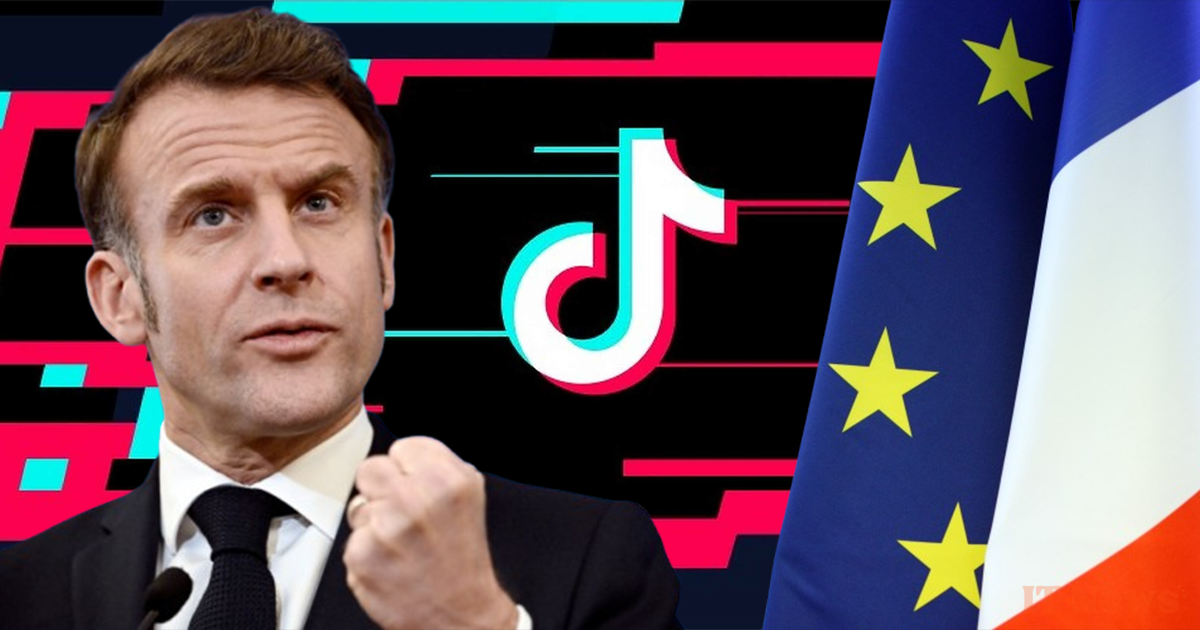As more and more young people turn to social media, the French government is calling on Europe to force platforms to tighten their access policies. If nothing is done within three months, sanctions will be imposed.
Social networks before the age of 15: it's a no
Nearly a year after Emmanuel Macron's call to ban phones before the age of 11 and social networks before the age of 15, it's the turn of the Minister for Artificial Intelligence and Digital Affairs, Clara Chappaz to tackle the problem of the impact of social networks on young people head on.
Faced with the observation that "a teenager spends more than four hours a day on platforms like Instagram, TikTok, Facebook and three out of four young people under 13 already use social networks when even though this is prohibited in the platforms' general terms of use,"Clara Chappaz intends to ban the use of social networks before the age of 15.
To do this, she is giving Europe three months to mobilize its European partners on an agreement requiring social networks to verify the age of adolescents using them. If nothing is done during these three months, the minister decides, the government will impose sanctions, methods similar to those used for pornographic sites.
40% of children show signs of psychological suffering
We are not talking about a side effect of social networks. Anxiety has become their primary byproduct. Bullying, risky eating behaviors, and suicidal thoughts are all on the rise. 40% of children show signs of psychological distress (...). Look at what certain trends on TikTok, like #SkinnyTok, are causing: they normalize extreme thinness and glorify constant diet control. It's a detonator for already vulnerable young people.", she explains to justify her action.
While in France, the legal digital majority has been 15 years old since the law of July 7, 2023, many children have younger phones, and therefore go on TikTok, Instagram, X, or Snapchat before the legal age. According to a CNIL survey in 2021, two-thirds of those under 13 have an account on a social network. The government wants to rely on the Digital Services Act, a European law dated 2022, whose objective is to regulate digital services to protect users and strengthen platform accountability. But "we need to go further to strengthen its scope, so that it forces social networks not to accept the creation of accounts without age verification," insists Clara Chappaz.
While platforms do ask users to define their age, or even for parental verification, these measures are very easily circumvented. Verification of real age (like ID) is rare, particularly due to privacy concerns. For their part, parents are often permissive.
So will Europe and the European Digital Services Act have the necessary power to force the largest platforms to strengthen their control over younger people? This will undoubtedly depend on the concrete implementation of this program and the ability to impose sanctions.






0 Comments